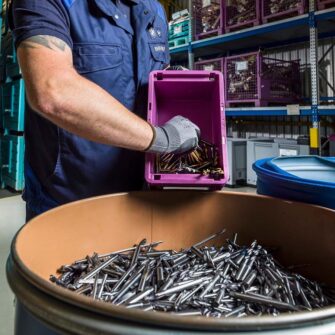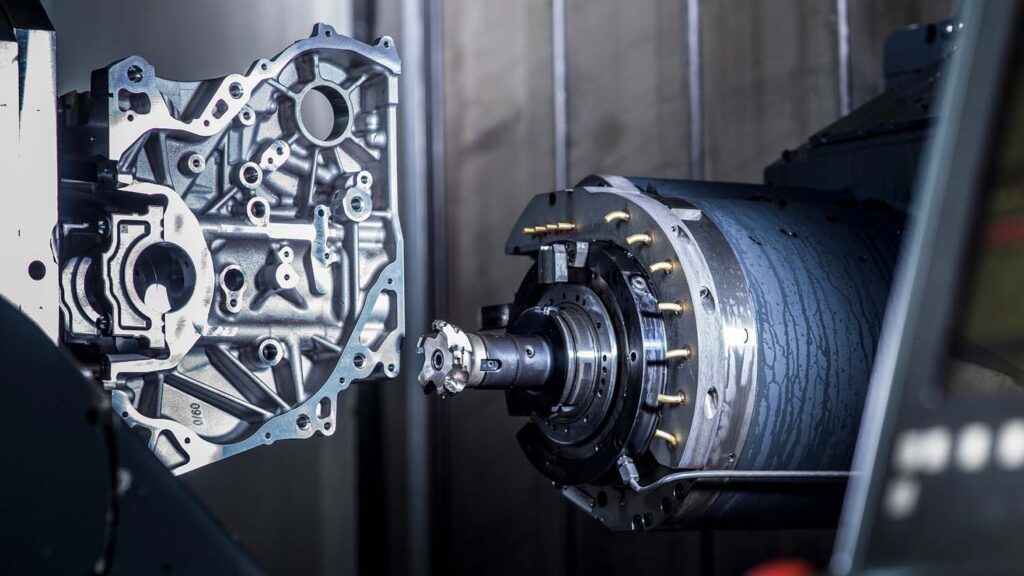The BMW Group has updated its sustainability strategy to include the production of its own raw materials considered to be so-called conflict minerals.
It has worked to create a closed-loop material cycle, collecting old drill and milling bits at its plants in Germany and Austria for recycling into new tools.

BMW expects this will reduces the amount of tungsten required by 7 tonnes per year, and when compared to using primary tungsten, it should also reduces energy consumption by 70 per cent and CO2 emissions by more than 60 per cent.
Carbide tools are mainly made of tungsten and are used, for example, at the BMW Group plant in Steyr for the high-precision machining of e-drive housings.
The tools are usually resold as scrap at the end of their useful life, but now the BMW Group will gradually begin collecting this tool scrap for recycling by the Austrian mining company Wolfram Bergbau und Hütten AG.
The tool scrap contains an average of more than 80 per cent per cent tungsten. This is then treated using a special method to produce secondary tungsten in powdered form; the electricity required for this comes from 100 per cent renewable, local energy sources.
At the start of 2021, a new EU Conflict Minerals Regulation came into effect that tightens the rules for importing the four conflict minerals: gold, tin, tantalum and tungsten – or so called ‘3TG’.
“Responsible management of natural resources plays a key role in our sustainability goals,” said Dr Andreas Wendt, member of the Board of Management of BMW AG responsible for Purchasing and Supplier Network.
“We plan to increase the percentage of recycled raw materials significantly by 2030 and use raw materials multiple times in a circular economy. This applies not only to their use in the vehicle, but also in value creation overall”
He added: “Every gram that conserves natural resources and doesn’t contribute to violations of environmental and social standards counts.”






